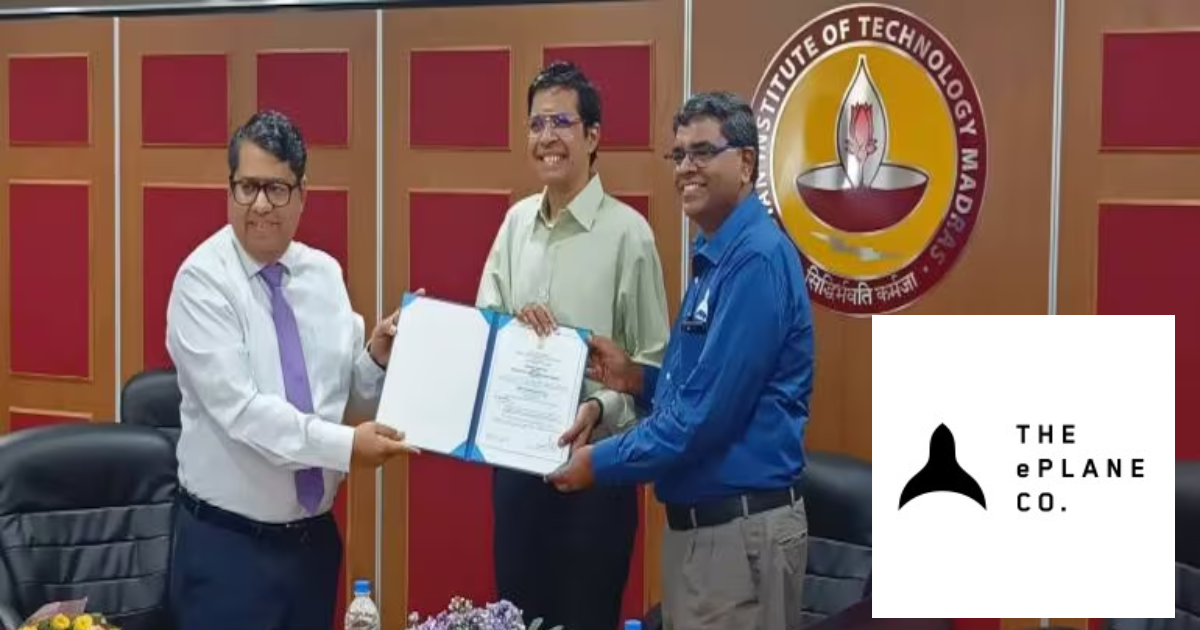The ePlane Company, an aerial mobility startup, has achieved a significant milestone by receiving design organisation approval (DOA) from the Directorate General of Civil Aviation (DGCA). This approval makes The ePlane Company the first Indian electric aircraft company to receive such recognition. The DOA is a crucial step in the aircraft certification process and will enable the startup to move forward with the commercial production of its e200 electric Vertical Take-Off and Landing (eVTOL) aircraft.
The DOA is granted to applicants who meet all the requirements related to the type of design, product category, and intended activities. This initial approval sets the stage for further compliance measures before commercial deployment can take place.
The ePlane Company’s founder and CEO, Satyanarayanan Chakravarthy, expressed his delight at receiving the DOA certificate, highlighting its significance for the company’s mission to ensure safe passenger flights in India and around the world. The announcement was made during an event in Chennai on May 22, attended by DGCA officials, IIT directors, and other key stakeholders.
DGCA chief Vikram Dev Dutt commended the rapid growth and potential of the unmanned aerial vehicle (UAV) and eVTOL ecosystem in India. He acknowledged The ePlane Company’s commitment to meeting stringent aircraft certification norms, emphasizing their exceptional caliber and innovative approach.
Founded in 2017 by Professor Satya Chakravarthy, The ePlane Company is focused on developing flying taxis and other aerial vehicles for passenger mobility logistics. The startup aims to launch its first passenger flights as early as 2025. With $6 million raised to date, including a seed funding round of $5 million in January 2022, the company has garnered support from investors such as Speciale Invest, CIIE.CO, Java Capital, and FirstCheque.
The ePlane Company’s e200 passenger aerial vehicle has a cruising speed of 200 km per hour and a range of 200 km. As traffic congestion and logistical challenges persist on roads, the emergence of next-generation aerial mobility solutions offers a promising alternative by transporting people and goods through the air. Various aircraft technologies, including VTOL and STOL, are being developed to cater to different requirements such as medical transport and last-mile delivery.



![[CITYPNG.COM]White Google Play PlayStore Logo – 1500×1500](https://startupnews.fyi/wp-content/uploads/2025/08/CITYPNG.COMWhite-Google-Play-PlayStore-Logo-1500x1500-1-630x630.png)